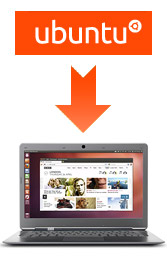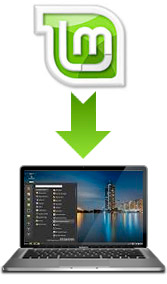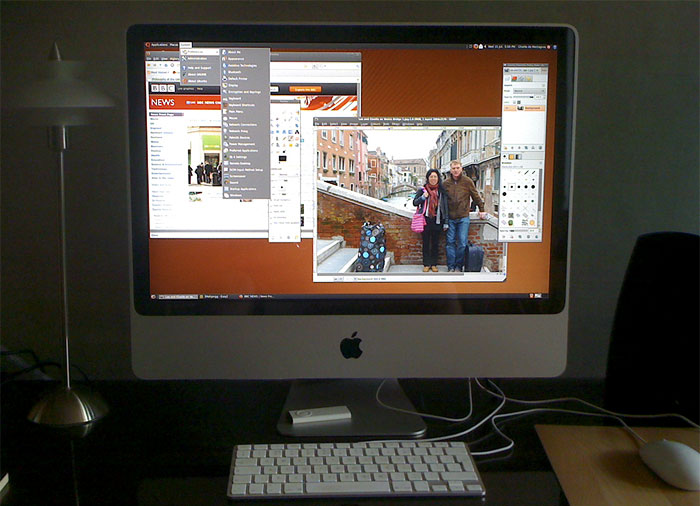An Experiment with Linux
Several years ago I became interested in an alternative operating system to that of Apple's OS X. The operating system is "Linux", and unlike systems made by Apple or Microsoft, it is a community driven project which is offered free to anyone who wishes to use it. Linux was first released in 1991 in an attempt to produce a free Unix like OS that would run on a regular PC. Astonishingly the Linux operating system is today running 95% of the world's 500 fastest supercomputers! Ubuntu, one of the leading versions of Linux recently topped UK government security assessment, beating ten other consumer operating systems in their tests.
Linux can never be owned and sold commercially as is Apple OS X or Microsoft Windows. Linux is provided under the conditions set by the GNU General Public License. The GNU 'GPL' guarantees the end user (individuals, organisations, companies) the freedoms to use, study, share (copy), modify, repackage and redistribute the software as long as the modified code is shared back into the community accompanied by the GPL. And so it goes. A version of Linux you choose can be downloaded at any time from the Internet and installed on any machine, for free and without any catches.
As a consequence of these freedoms, many different versions or 'distributions' of Linux have emerged. This can be confusing, especially for beginners but it is worth sticking with. Distributions vary in flexibility and scalability. On one hand a simple and compact version may be required, such as the "Raspian" distro used by the tiny "Raspberry Pi" computer, which is very popular in education. The Raspberry Pi doesn't have a hard disk, so the system and all the software comes on an SD card, similar to what you find in a digital camera. On the other hand, a powerful, industrial strength distribution such as Red Hat Linux, could be used by a data centre server. Red Hat, although still free is usually supplied together with a commercially based technical support package. Search for popular Linux distributions on Google and you'll be overwhelmed by what is available. My experience of Linux is limited by the amount of research time I have available so I cannot go into depth studying and comparing many distributions. I do however have sufficient experience to recommend 'Ubuntu', 'Xubuntu' and 'Linux Mint'. As an Apple centred business my favourite is Xubuntu 15.04 which "straight out of the box" is easy to use, very stable and connects seamlessly with all my other systems.



